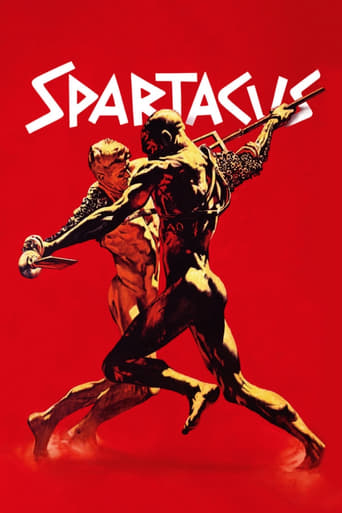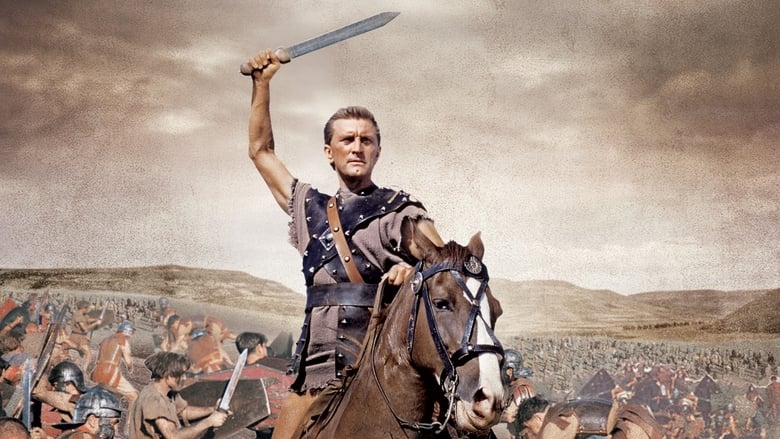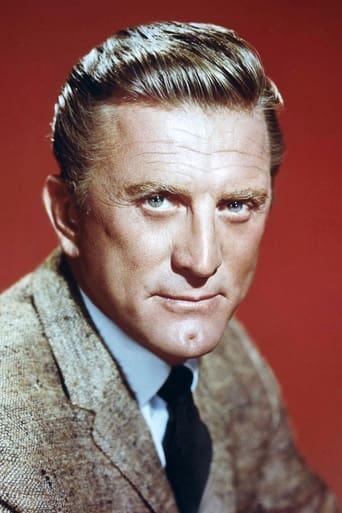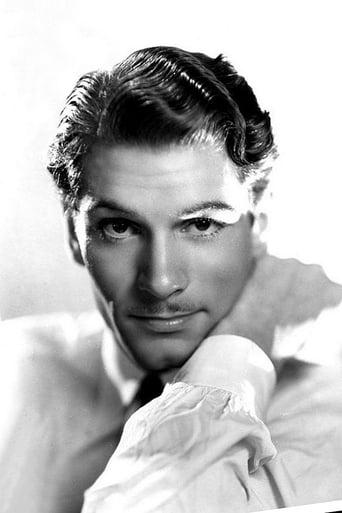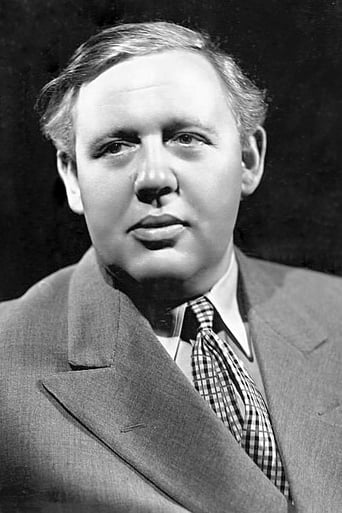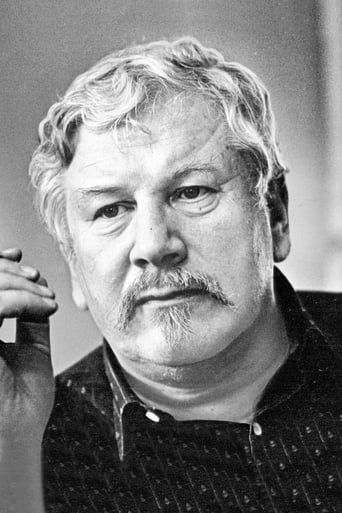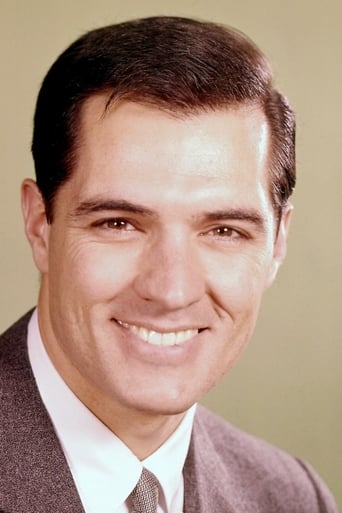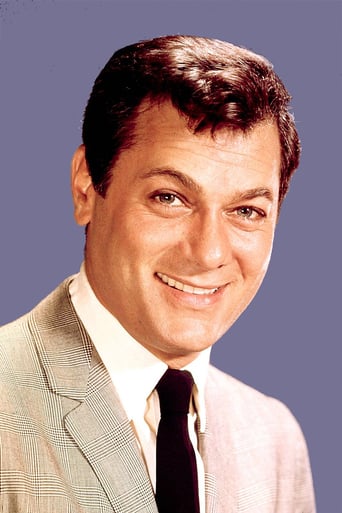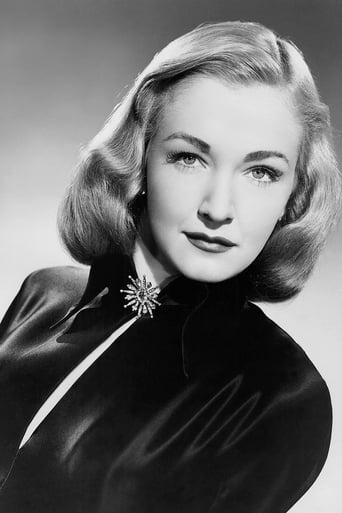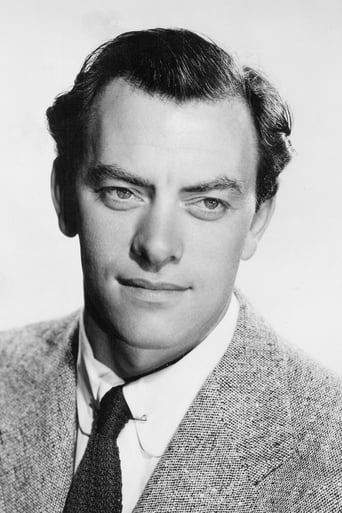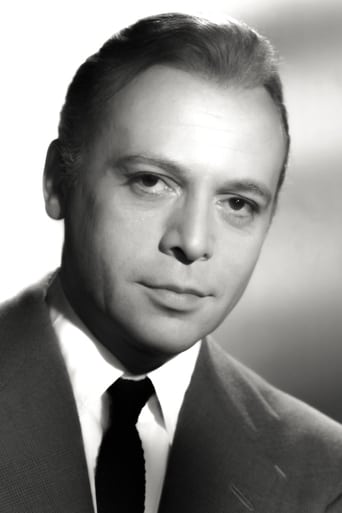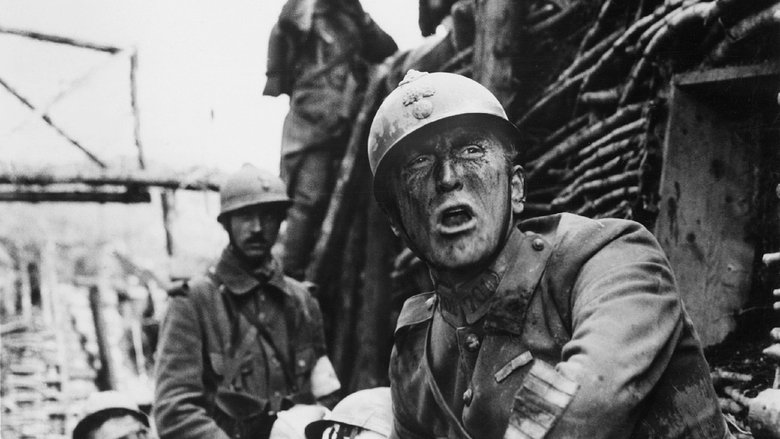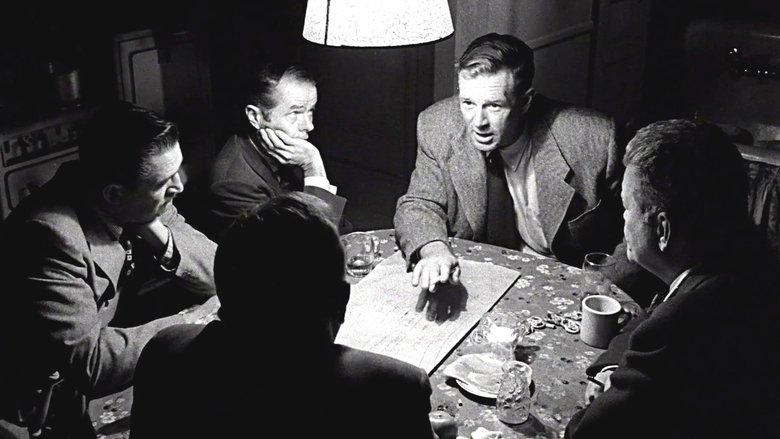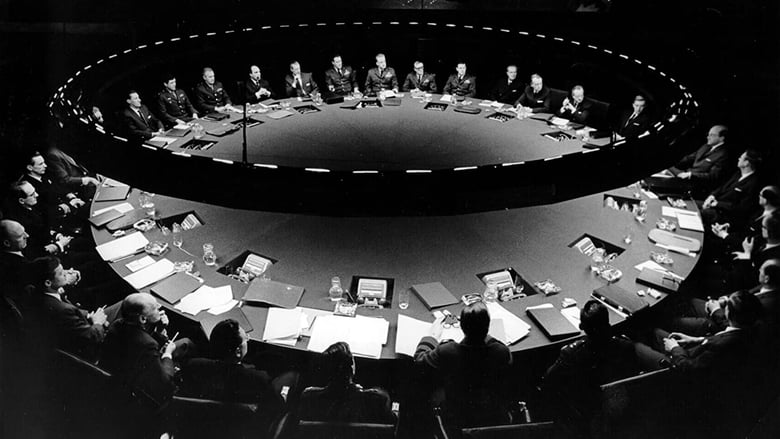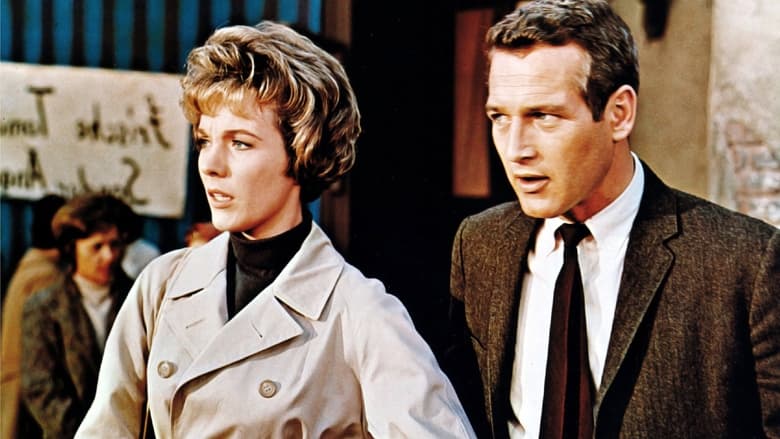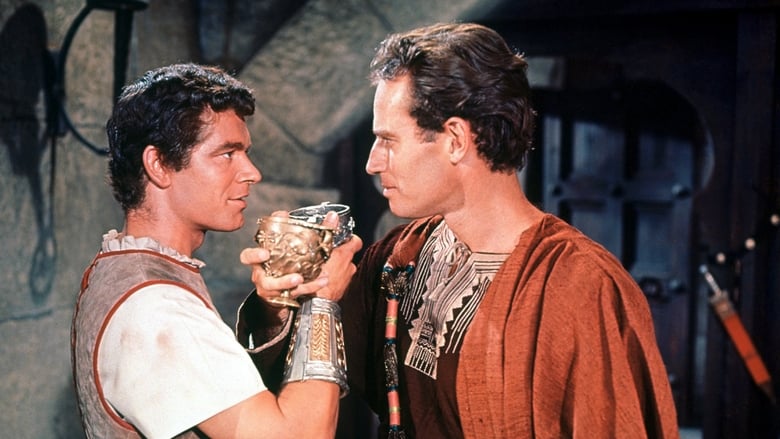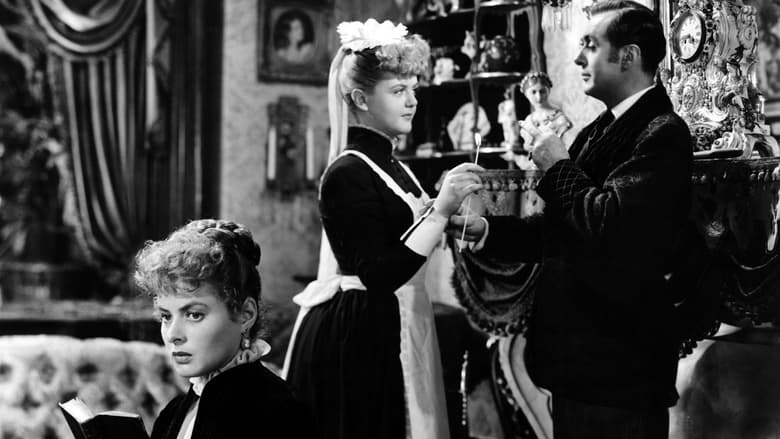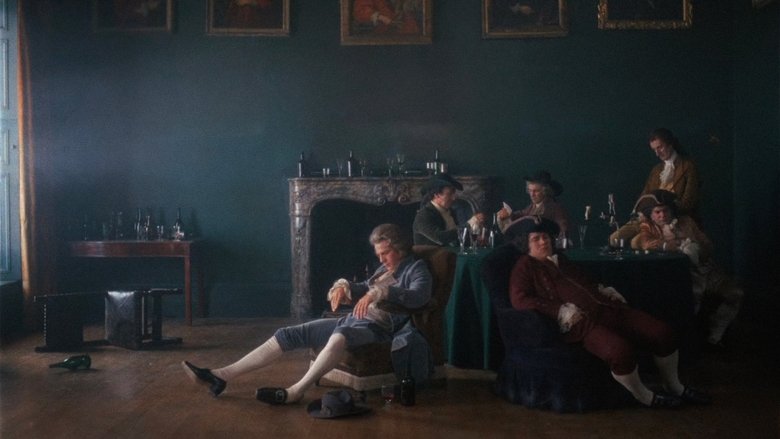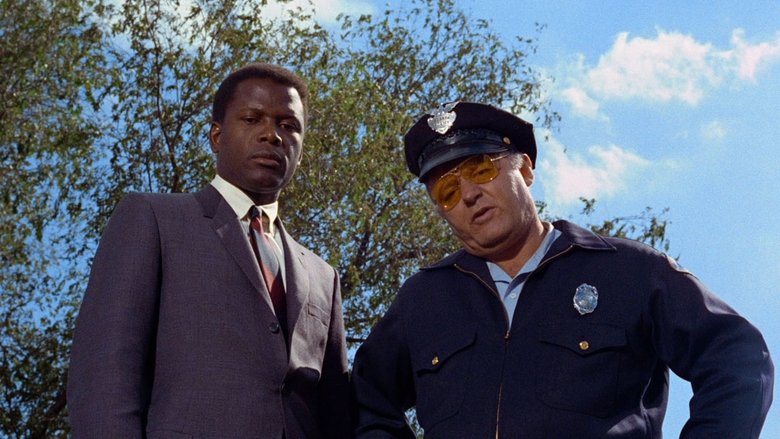The rebellious Thracian Spartacus, born and raised a slave, is sold to Gladiator trainer Batiatus. After weeks of being trained to kill for the arena, Spartacus turns on his owners and leads the other slaves in rebellion. As the rebels move from town to town, their numbers swell as escaped slaves join their ranks. Under the leadership of Spartacus, they make their way to southern Italy, where they will cross the sea and return to their homes.


Similar titles

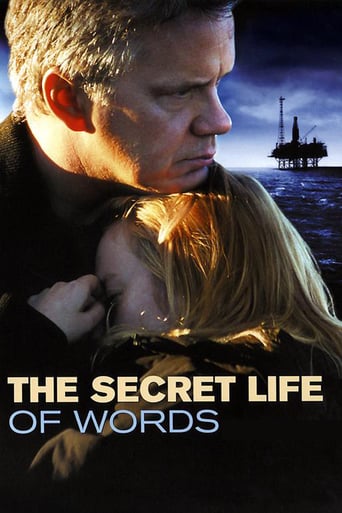



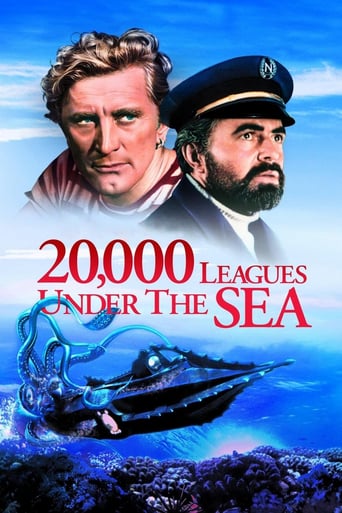
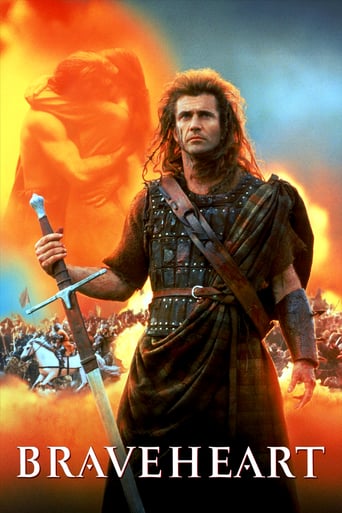
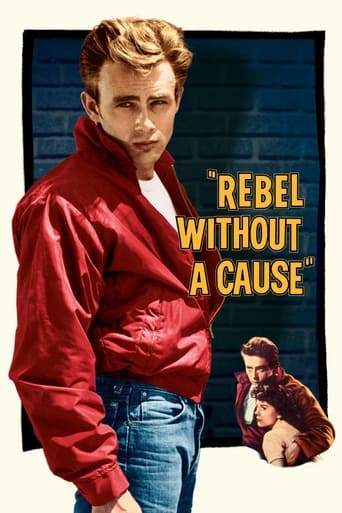
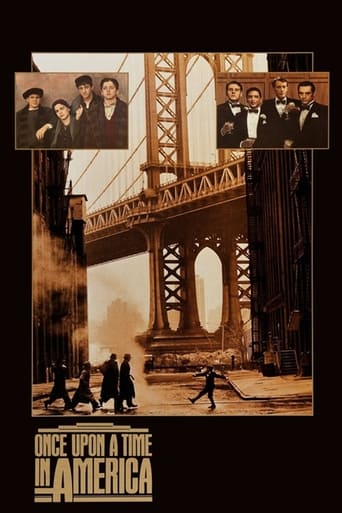
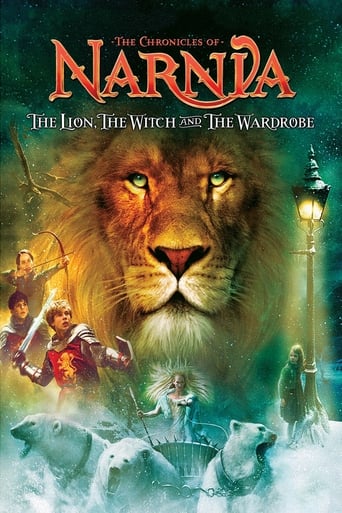
Reviews
This is an excellent film but that is not at all a surprise considering it is directed by Stanley Kubrick and his movies are all incredible, at least the most famous of his movies are.Kubrick also shot this movie after he took over for his cinematographer but because he wasn't credited that cinematographer took home the Academy Award so that is an interesting bit of trivia and I bet he wouldn't be too happy about that! Ha ha.The fight scenes and "look" of the film are a bit dated of course but the writing and acting and direction of course are all still great and the movie holds up almost as good today.Kirk Douglas produced this movie so he could cast himself in the title role of Spartacus and that is probably the main problem of this movie. He is 45 here and obviously too old to be playing the young gladiator/slave Spartacus but if you suspend your disbelief it doesn't matter very much. He is actually quite good in this.This movie is worth watching just for the "I'm Spartacus!" scene alone. What a great ending.
A Film Directed by a young Stanley Kubrick that is Unlike the Kubrick We Know and Love. He Surrenders (ouch) to the Conventions of the Time and seems to be more than Competent but Artistically Anemic.But Fulfilling His Contract Obligations Professionally He Delivered a Mammoth Movie that is Compelling and Timeless. That of Humans wanting to be "Free" from Bondage, Servitude, and Inhuman Evil Entrenched in Unenlightened Power and Corruption.The Movie is Corny and a Product of its Era, but is One of the more Intellectual "Epics" and Tries Mightily to be Progressive. It mostly Succeeds and when Viewed Today is full of Fun and Despite its Length is, along with Demille's "The Ten Commandments" (1956), a Glorious Entertainment, if Confined by a Hollywood System of Conventional Conservatism, Blacklists, and DemagogueryThe Cast is Stellar, the Cinematography Beautiful, and the Aching Caste System is its central Theme. Emotional to Extremes, it can't help but be, the Film has its Clunks and some Miscasting, but Never Fails to be Compelling, even as it Demonstrates its Obvious and Manipulative way it is Smarmy in the Love Scenes and Heavy Handed with its Staged Shots of the "Family Bonding" that Depicts Campfire Coziness among the newly Freed People.It was Defiant for its Time with an Unusual and Audacious, against the grain Rebellion from the Studio System. Kirk Douglas was Not to be Denied and this "Labor of Love" Movie Manages to Deliver its Message as much Pomp and Circumstance to be Audience Friendly and as much Anti-Establishment that was Allowed at the Time for a Film of this Magnitude.
**This review contains spoilers but I will warn you when they come up."He(Spartacus) was a man who began all alone, like an animal. Yet on the day he died thousands and thousands would have died in his place... He wasn't a god, he was a simple man, a slave"-Jean Simmons or Varia.Spartacus was Kubrick's 5 Movie and it holds up very much to Stanley Kubrick's legacy.At first glance the movie seems like just another slave movie, but as thee movie continues there's exponentiation growth in suspense, development and the evolution of Spartacus. Taking unexpected twists and turns. But before we go on and glorify Stanley's 5th movie I must point out the few flaws.The movie gets boring from time to time with some bad pieces of dialog and some very slow scenes, The 3 hour length of the movie is unwarranted, not once did i find myself checking the time. It would really help the movie to be say, a half an hour short. Now that that's over with I will glorify Stanley before the mob kills me. I cant stretch how much the plot amazed me it was simply a work of art that you don't come across often. The plot of the movie continues to make unexpected changes and the suspense only grows. The effects are in par or even better then allot of what you see today, the whole universe of the film was constructed ingeniously and crafted carefully. The music in the film reflects the scene, as you'd expect from Kubrick. Even though I said there's some bad pieces of dialog there are also some amazing and extremely quotable one to.**Now here comes the SPOILERS and the analysis skip this if you didn't watch the movie.As we know the character played by Kirk Douglas (Spartacus)starts out as a 'simple man',-notice the simple- a slave with no hope no will and no desire and while the character evolves and achieves unimaginable goals he always remains a slave throughout the film, I will explain. As the movie points out there are more Romans then slaves hence making slaves the normal ones and thus simple hence 'simple man'. Even when Spartacus has an army he is still in the query, the starting point of the film. Even in his death he died happy with a smile showing that hes not afraid of dying, the movie previously pointed out that that's a death of a slave "When a slave dies he is free,but when a free man dies he loses what he had" its a rough quote but it holds the same point. What I'm suggesting is that on the broad picture Spartacus seemed, changed but if you look at the details you find, that is simply not the case. Now, the obvious question remains "who is he a slave to". Hes a slave to himself, the fact is hes still in the query and still is "fighting to the death", but there's a difference hes not doing it for Rome and I think that's Kubrick's message. Its better to fight or to be a 'slave' for freedom then to be a slave for 'Rome'. Slave meaning citizen and Rome meaning any corrupt government that doesn't take there citizens seriously, as depicted in doctor strange love. **NO more SPOILERS** No wounder the movie won 4 Oscars. Spartacus is a timeless work of art that I hope wont be forgotten, because "people die, ideas don't"- V for vendetta. The movie is a great time though you need time to fully enjoy it I think its worth the time.Anyway this is my first movie critique whatever this is. I hope you enjoyed the read if you have any objections please reply and I hope you gained some more insight or respect for the movie.
Based on the 1951 novel by Howard Fast rather than the events of the Third Servile War directly, the film depicts Spartacus' slave rebellion with all the flair and grandeur that 1960s Hollywood could muster. Directed by Stanley Kubrick, it is a thrilling story of freedom, political machinations and love set in the ancient world. It is a very well written film with often marvellous dialogue.At 43, Kirk Douglas was perhaps a little old to play the title character but he is very good as the dignified, principled man who wishes to free every last slave in Italy. Like Charlton Heston, he has a face that looked as if it was chiseled from marble which gave him the perfect look for historical epics. More importantly, Douglas' performance effectively communicates Spartacus' intelligence and courage and I never doubted why so many would be willing to follow him anywhere. To his followers, he is a symbol of hope or even a Messiah but, for the audience, he is humanised through his relationship with Varinia, played by Jean Simmons. They meet in Batiatus' gladiator training school and soon fall in love. It is a gentle, tender love story and Douglas is at its best in these scenes. He and Simmons have great chemistry. One of the most gifted actresses of her generation, Simmons excels as the proud, brave and intelligent Varinia. As good as she is in her scenes with Douglas, her best moment is the scene towards the end of the film after she is recaptured and sold to Crassus, played by Laurence Olivier, in which he threatens to kill her newborn son if she does not submit to him. Varinia realises that he is afraid of Spartacus and disturbed by the fact that he inspired so much love and devotion, not least of all from her. Simmons, who previously played the Ophelia to Olivier's Hamlet, plays this scene wonderfully and we get a real sense of Varinia's strength.Speaking of Olivier, he is characteristically excellent as Crassus, one of Rome's greatest generals and one of the wealthiest men to have ever lived. A patrician from a very old Roman family who despises the mob, he is an extremely shrewd military and political strategist who manipulates the threat posed by Spartacus to substantially increase his own political standing. He is eventually named Consul of Rome with Julius Caesar as his protégé, thereby beginning the transformation of the Roman Republic into the Roman Empire. On the battlefield, he manages to defeat Spartacus by forcing him to march on Rome where not only his own legions but those of Pompey and Lucullus are waiting for him. Crassus is a very dangerous man of fierce intelligence, which makes him a very compelling character. In his penultimate film before his death in 1962, the great Charles Laughton is wonderful as Gracchus, the (fictional) leader of the Senate and Crassus' hated rival. Gracchus is an interesting character who is even more shrewd than Crassus. He does not believe in the gods but worships them publicly and is perfectly willing to make deals with criminals, namely the Cilician pirates, if he believes that doing so is in the interests of Rome. He is part of the corruption that plagues the Roman Republic but considers that better than a dictatorship and I certainly can't disagree with him there. Gracchus is not a particularly good man but he is a far better one than his rival.As strong as the film's cast may be, it is the one and only Peter Ustinov who steals the show as the slave trader Batiatus. He won the first of two Best Supporting Actor Oscars for the role, the only actor to win an Oscar for a Kubrick film. Batiatus is scornful of Crassus in private but extremely obsequious to him whenever they meet. He has a very strong sense of self-preservation or, to put it another way, he is a complete coward. This is best demonstrated when Crassus orders him to remain in camp the night before the final battle with Spartacus so he can identify him. When Batiatus asks what will happen to him if Spartacus wins, Crassus tells Batiatus that he has no doubt that he will help Spartacus to identify him. This is one of Batiatus' best scenes as it perfectly illustrates that his first loyalty is most definitely to himself. He possibly becomes a better man after being flogged on Crassus' order but he never comes to regret his earlier actions and only agrees to transport Varinia and her son out of Rome in exchange for two million sestertii. Tony Curtis is good as Antoninus and I love the father-son relationship that develops between him and Spartacus but he is underdeveloped, making him the least interesting of the major characters. With his tough guy image, Curtis may have been miscast as a singer and poet with no practical experience of fighting before joining Spartacus' army. The only weak links are Charles McGraw as Marcellus and John Dall as Marcus Glabrus but neither of them have particularly big roles.Overall, this is an extremely intelligent film. Spartacus is crucified, meaning that it lacks a traditional Hollywood ending but there is still a great sense of hope as his son has been granted his freedom. My main historical area of interest is about 2,000 years after Spartacus' death but I think that the film sticks to the general thrust of events while admittedly taking quite a few liberties here and there. However, these are only minor issues which in no way detract from a brilliant film, one of the best of the historical epics which dominated 1950s and 1960s Hollywood.
